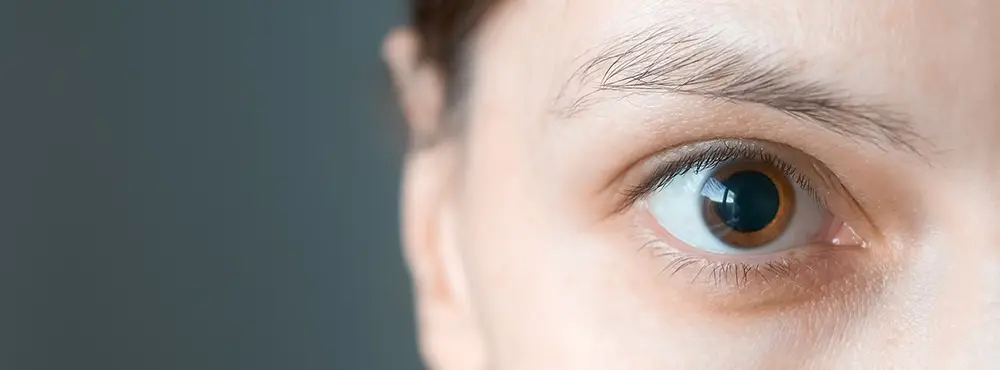Having your eyes dilated with eye drops is sometimes necessary for eye examinations, to increase the view of the back of your eye and observe the entire retina.
Whether you get your eyes dilated or not depends on a range of factors including the reason for your eye exam, how old you are, your health and risks of eye diseases.
What do doctors see when they dilate eyes?
When your eyes dilate with eye drops, the pupils widen, which allows more light in and enables the doctor to see the back of your eye more clearly.
Dilating pupils can help your optometrist to see if you are suffering from several eye conditions, including:
Is it possible to see the optic nerve without dilation?
Patients who have glaucoma may need a more in depth ophthalmoscopy. Ophthalmoscopy allows the practitioner to view the retina (fundus) and optic nerve; dilation is sometimes unnecessary as the pupils are sufficiently large to capture a decent view of the optic nerve. Elderly people generally have smaller pupil sizes and dilation may therefore be a requisite.
How long does eye dilation take to wear off?
After the eye exam, it’s common for eyes to stay dilated for between 3-6 hours while the effects of the eye drops wear off.
How does it feel when you get your eyes dilated?
During this time, your eyes' sensitivity to light will remain heightened, which could be uncomfortable for some, particularly if it's your first time having a dilated eye exam. You may also find that your vision becomes slightly blurry as a result; however, this should wear off as your pupils’ contract over the next few hours.
That's why you should wear sunglasses after your eye exam and on your way home.
Can you drive with your eyes dilated?
Vision problems from pupil dilation can interfere with driving. For these reasons, it’s always advisable to have a friend or companion drive you home from your eye exam, or to take public transport where possible.
However, if this isn’t an option, then make sure to bring a pair of sunglasses with you to help your eyes cope with the increased light sensitivity, and allow for time after the examination for your eyes to return to normal.
Does eye dilation hurt?
Getting your eyes dilated can cause discomfort, and after using certain eye drops for dilation, you might even experience temporary stinging and a dry mouth. The effects of these drops can last up to six hours.
Can dilating eyes cause problems?
In rare cases, the drops can cause the pressure in your eye to rise dramatically causing severe pain, red eyes, blurry vision and a nauseous feeling. If this happens, you should get treated immediately.
How often should you get your eyes dilated?
When determining whether eye dilation is necessary for you, your optician will take into consideration the following:
- Age - for those over the age of 60, the National Eye Institute recommends a comprehensive dilated eye exam once every one-two years because the risk of eye diseases increases with age.
- Ethnicity - depending on your ethnic background, you can have an increased risk of certain eye diseases. For example, black and Hispanic people are more likely to develop glaucoma and are therefore encouraged to have a dilated eye exam every 1-2 years once they have hit the age of 40.
- Eye health - if you have had eye diseases (that affect the back of your eye) in the past, this will make you more susceptible to eye diseases in the future.
- Overall health - Diabetes and other health conditions will mean you’re at higher risk of getting an eye disease such as diabetic retinopathy.
- Symptoms - Pupil dilation is sometimes required based on the symptoms one is experiencing.
Quick links:
What to expect on your first eye test
Do I need an eye test?
Disclaimer: The advice in this article is for informational purposes only and does not replace medical care or an in-person check-up. Please check with an eyecare professional before purchasing any products or remedies. For information on our article review process, please refer to our Editorial Policy.

 Offers
Offers Account
Account
 Favorite
Favorite
 Basket
Basket

 OFFERS
OFFERS
















